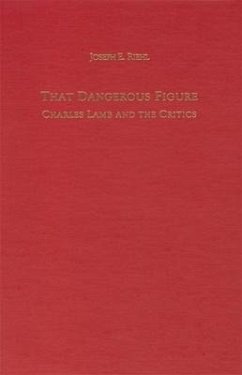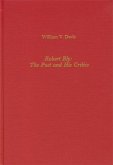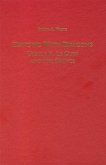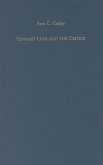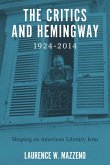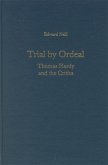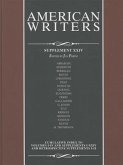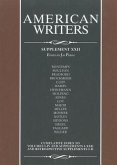Main description
The English poet Charles Lamb (1775-1834) stimulates reactions that often lie outside the boundaries of literary criticism, reactions that are often motivated by ideological, cultural or political concerns. He poses particularly difficult, even unanswerable, questions that often provoke intemperate anger or great affection in readers. Historically, the first critical misunderstanding of Lamb is to see him as a radical; later he is canonized a domestic saint; in the 1930s he is a reactionary bourgeois. More recently, he is understood as a conscious artist; first, by New Critics as a transcendent optimist, then, in the post-structuralist version, as a tormented soul creating his artifice out of the limitations of human life. This study, a comprehensive history of reactions to Lamb, proposes that perhaps Lamb is a literary 'trickster' who delights in raising just those contradictions of modern life which those who attempt a systematic style of criticism would like to ignore.
The English poet Charles Lamb (1775-1834) stimulates reactions that often lie outside the boundaries of literary criticism, reactions that are often motivated by ideological, cultural or political concerns. He poses particularly difficult, even unanswerable, questions that often provoke intemperate anger or great affection in readers. Historically, the first critical misunderstanding of Lamb is to see him as a radical; later he is canonized a domestic saint; in the 1930s he is a reactionary bourgeois. More recently, he is understood as a conscious artist; first, by New Critics as a transcendent optimist, then, in the post-structuralist version, as a tormented soul creating his artifice out of the limitations of human life. This study, a comprehensive history of reactions to Lamb, proposes that perhaps Lamb is a literary 'trickster' who delights in raising just those contradictions of modern life which those who attempt a systematic style of criticism would like to ignore.

